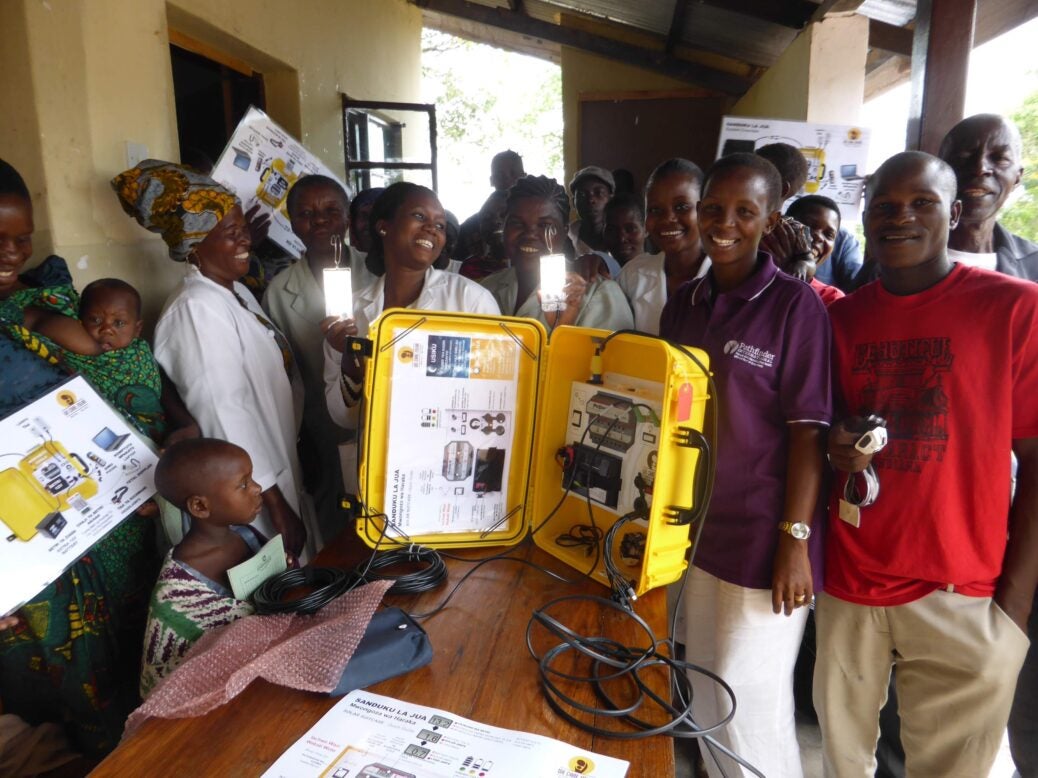
Tom Hall looks at the best processes being developed to make sure philanthropy is measured for maximum impact.
Facebook founder Mark Zuckerberg raised eyebrows earlier this year when he and his wife pledged $3 billion to ‘cure, prevent or manage’ all disease within their children’s lifetime.
Whilst $3 billion is a huge donation by any standard, it pales in comparison to the annual spend of governments around the world who are trying to tackle the same issues. This raises the question – can great wealth really be effective in solving the pressing issues of our day?
In short, the answer is yes.
Whilst philanthropy will never replace the role of the state in providing essential services, it can act as the catalyst for innovative ways of tackling social problems; helping to discover high-impact solutions that may be beyond the traditional reach of government.
Key to this process is evidence and evaluation. Without either, it is impossible for new approaches or solutions to receive the support that they need to reach scale. There are four crucial stages that philanthropists should go through in order to measure the impact of their donation.
Firstly, understanding the inputs. How much is being donated and how does this compare with the amount needed by the project? Secondly, the outputs – how is the money going to be used to benefit its intended targets?
But the story of impact is really told through outcomes. To measure this, a baseline must be established at the beginning of a project, allowing improvements to be quantified as time progresses. For example, by measuring literacy rates before and after a project, donors to an educational scheme can see exactly what impact they are having.
Even more robust evidence can be provided by a randomised control trial. In the education example above, pupils with a similar background would be benchmarked and those receiving aid would be compared with those not receiving aid. This allows for the charitable intervention to be isolated from other variables.
Finally, perhaps the most important stage of all: assessing impact. This proves the long-term effect of specific interventions, such as higher incomes for participants or increased life expectancy.

A programme I have worked with and funded by the UBS Optimus foundation is ‘Solar Suitcase’ (picture above). The Solar Suitcase device takes energy from the sun – giving hospitals sustainable and cost-effective power allowing lifesaving operations to be performed at night in rural developing areas.
It demonstrates the importance of a thorough impact measurement process. Studies showed that portable ‘Solar Suitcases’ are able to reduce infant and maternal mortality by as much as 75 per cent, and have saved over 2,000 lives in one year. In the right context, and, crucially, at the right scale, the initiative could save a life for little over $1.
The verified success of this project provides a model for the way in which impact measurement can help to create a clear rationale for supporting innovative projects and finding new, more effective ways of resolving issues.
It is also here that philanthropic giving can come into its own; supporting projects that may be beyond the reach of governments, but have the potential to make a long-term difference to the world. If the Zuckerbergs are to achieve their objective, this should be front of mind in how they choose to give.
Tom Hall, Executive Director, Head of UBS Philanthropy Services UK








